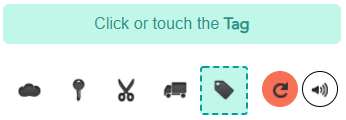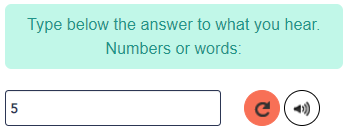Compare Pets Insurance Rates
Learn more about the factors that dictate your pet insurance rates, compare top insurers, and save.
 Your information is secure.
Your information is secure. Pet

How does pet insurance work?
You'll usually pay for pet insurance monthly, and policies often renew automatically every year. Most plans let you choose how much you'd like to be reimbursed, and your deductible amount. The higher your co-pay percentage and/or deductible, the less your plan will cost. If your pet is sick or injured, you'll pay the veterinarian directly for treatment, and then file a claim to your pet insurer for reimbursement.
What is Pet Insurance?
Think of a Pet insurance is like car insurance: it reimburses you for expenses when something bad and unexpected happens. Except in this case it applies to your beloved pet. Pet insurance helps you save on vet bills, and you can go to any vet you want. Pet insurance helps you cover expensive medical bills if your pet becomes ill or injured. You can also get reimbursed for preventative care, such as vaccinations and checkups, depending on the coverages you choose. People frequently buy pet insurance plans for their dog or cat to help cover the costs of emergency medical care or serious illnesses, including cancer treatment.
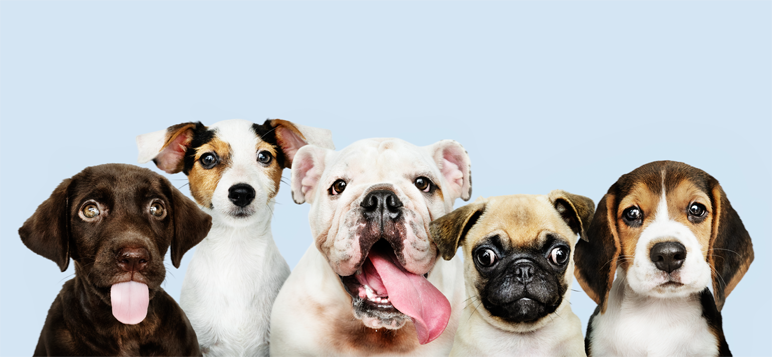
Is pet insurance worth it?
Pet insurance can improve your four-legged family member’s quality of life and potentially save you thousands if your pet is ill or injured. Cancer, congestive heart failure, respiratory issues and gastrointestinal conditions can all cost you in excess of $10,000 if you don’t have pet insurance.
Pet insurance plans & coverages
You can buy pet insurance for your dog or cat once they are seven weeks old. Your costs will depend on how much coverage you want, as well as the reimbursement option you select during enrollment. You have the choice of 70%, 80%, or 90% reimbursement of your vet bills for all covered illnesses and injuries after you meet your annual deductible.

Keep in mind, this is different from Pet Injury Protection, which is included under collision coverage in AUTO policies. Pet Injury pays up to $1,000 for medical care if your dog or cat gets hurt in a car accident, regardless of fault.
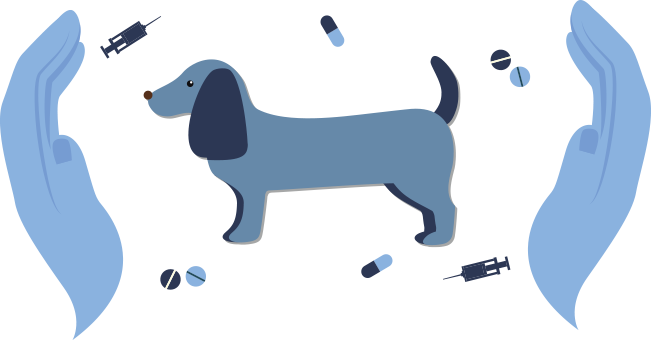
ACCIDENT ONLY PLANS
Like car insurance or homeowners insurance, it reimburses you a set percentage of your out-of-pocket costs for a claim. With this insurance plan your dog or cat is covered for broken bones, bite wounds, and other common injuries. This is a highly affordable pet insurance option for covering those unfortunate accidents.
Accidental injuries

Go to any licensed vet

Wellness & Preventative Care
(can be added)

COMPREHENSIVE PLAN
Covers accidents and illnesses: This is the most popular plan as it covers illnesses and injuries, no matter how serious. Choose this plan for comprehensive coverage that includes emergency care, diagnostic testing, specialist visits, and more.
Like car insurance or homeowners insurance, it reimburses you a set percentage of your out-of-pocket costs for a claim.

Covers the following:
Accidental injuries
IIllnesses
Congenital & Hereditary
Wellness & Preventative Care (can be added)
Go to any licensed vet



MEMBERSHIP PLAN
Membership pet plans coverage like homeowners insurance, it reimburses you a set percentage of your out-of-pocket costs for a claim, BUT unlike standard pet insurance you have to stick to specific vets, who offer members discounted services.
Covers the following:
Best for smaller & predictable bills
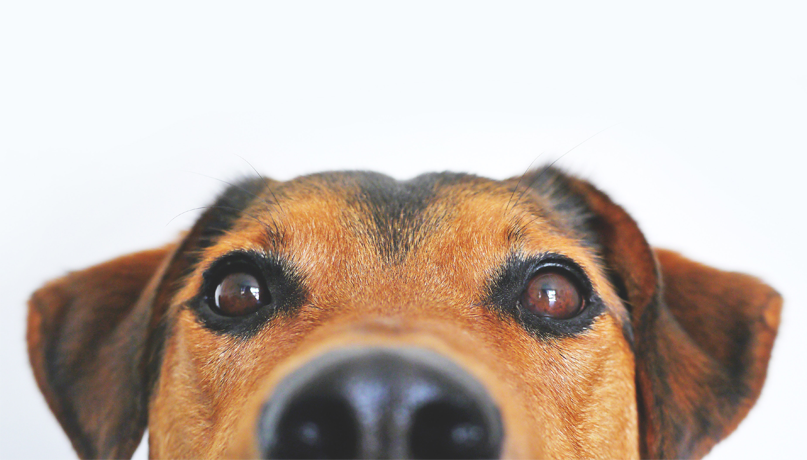
What’s not covered by pet insurance
Pet insurance does not cover your dog or cat’s pre-existing conditions as it’s meant to help with your pet’s future medical needs. Non-medical expenses and some types of treatment are also not covered, including:
Preventive, elective, and cosmetic procedures
Boarding and grooming
Food (including prescription food)

How much does pet insurance cost?
Pet insurance is generally affordable, and will typically cost a few hundred dollars per year. Cats are typically more affordable than dogs.

Cat: Domestic shorthair PER YEAR COST average
Low priced state: $100-161.16
Medium priced state: $215-$260.76
High Cost state: $320-$386.28

Small breed dog: Maltese PER YEAR COST average
Low priced state: $200-$251.00
Medium priced state: $350- $392
High Cost state: $550- 590.00

Medium breed dog: Basset Hound PER YEAR COST average
Low priced state: $348- 388.00
Medium priced state: $570- $599
High Cost state: High Cost state: $875- 898.00

Large breed dog: Rough Collie dog PER YEAR COST average
Low priced state: Low priced state: $370-$412.00
Medium priced state: Medium priced state: $635-685.00
High Cost state: High Cost state: $985-1015.00
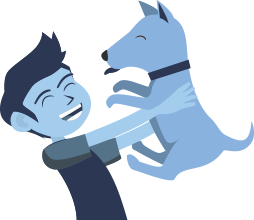
The price for pet insurance will generally be determined by four factors:
Location:
Veterinary care is costlier in certain parts of the country. For instance, if you’re living in rural Wyoming, you’ll probably pay less for pet insurance than someone in New York City.
Age:
The likelihood of your pet becoming ill increases with age.
Breed:
Your dog or cat may be predisposed to certain illnesses based on size and genetics. For example, Abyssinians are one of the most expensive cat breeds to insure, as they’re more prone to periodontal disease and retinal atrophy. When it comes to dog breeds, pet insurance is generally costlier for Great Danes—they’re vulnerable to heart and hip issues and medication may cost more for bigger dogs.
Deductible and reimbursement level:
Choosing a higher deductible will lower the cost of your plan, but will increase your out-of-pocket costs at the vet. A lower deductible will increase your plan’s price, but you’ll be reimbursed more on your claim. Your level of reimbursement will also affect pricing. For instance, a plan with a 90% reimbursement amount will cost more than a plan that pays you back for 70% of your vet bill.
Can I choose my own veterinarian?
Yes, as long as your veterinarian is licensed and has the necessary training.
Does pet insurance cover any pets besides cats and dogs?
Typically no, you’ll need a company that specializes in exotic pets and you will be able to apply but it is by species type so please choose in intuitive quote system.
Pet
What is Pet Insurance?
Is pet insurance worth it?
Pet insurance plans & coverages
Accident only plans
Comprehensive plans
Membership pet plans
What’s not covered by pet insurance
How much does pet insurance cost?
Can I choose my own veterinarian?
Does pet insurance cover any pets besides cats and dogs?
















